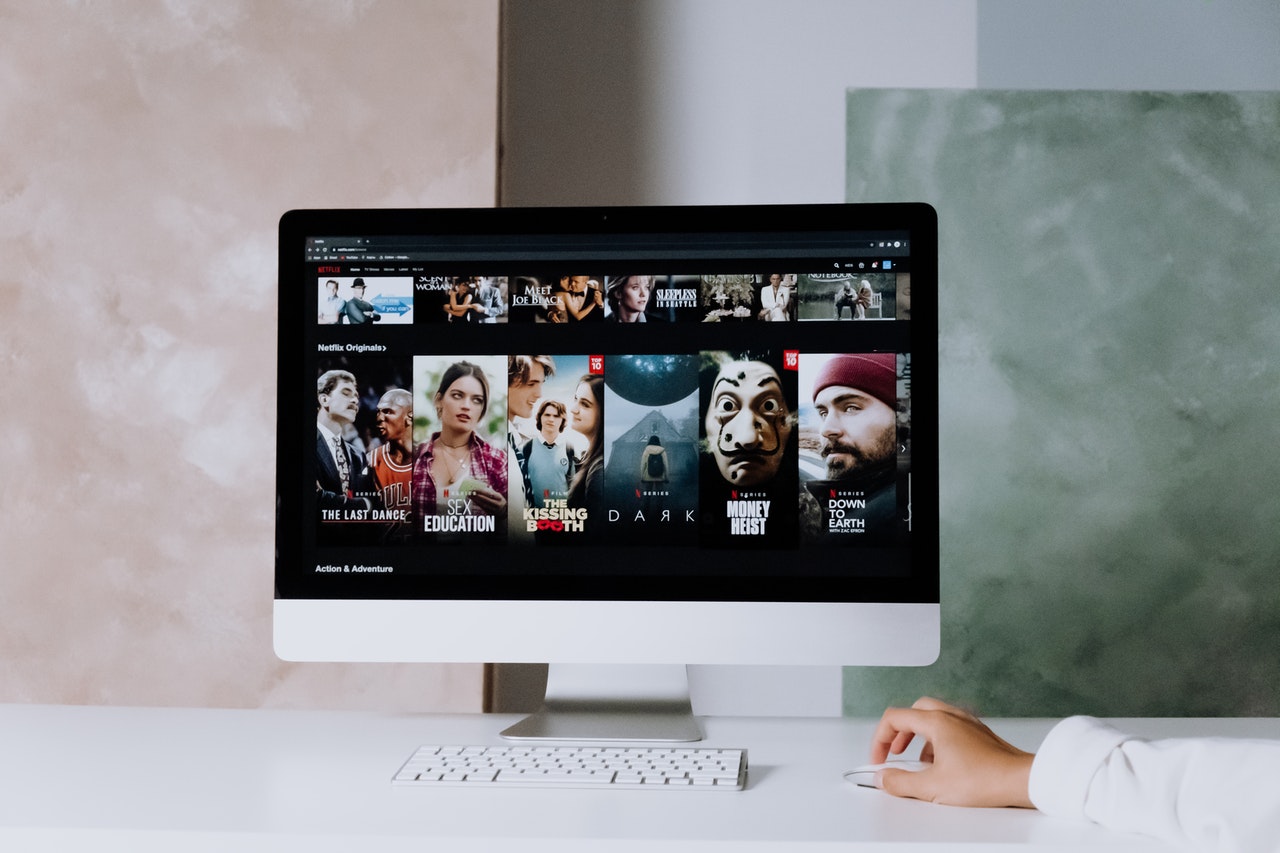4 Reasons To Convert From Cable to Fiber Optic Internet if You Can

Currently, fiber optic internet is only available for 25% of American homes, which is not an option for most citizens. Also, converting to the "better" internet option could cost the average user $10 to $20 more per month.
Still, when reviewing the competition, fiber optic stands head and shoulders above the rest. If you have the option to switch or upgrade to the light-speed internet offering, there are many reasons to consider it.
1. Speed

The number one selling point of fiber optic internet is speed. Cable doesn't even compete. With 1 Gbps, fiber optic internet is easily 10 to 20 times faster than the best cable provider. To put fiber optic speed in perspective, consider that a two-hour HD movie takes cable internet seven minutes to download at 100 Mbps. With fiber optic, the same film can download in 40 seconds.
2. Dependability

Speed is not the only thing that matters when comparing internet services. People also want a reliable service.
100 Mbps service is plenty to stream an HD movie if you consistently receive that speed. Unfortunately, the advertiser's internet speed claims do not account for peak times. When users flood the cable lines, the internet speed you pay for is not what you get. Also, a cable line can fail with too many users, resulting in internet outages.
Fiber optics can handle more data and users simultaneously. Also, the lines are not prone to outages. In fact, if a fiber optic cable is not damaged, it can continue to deliver service even when the power is out because it doesn't depend on electricity.
3. No Throttling

Because cable internet is prone to outages with too many users or data, internet service providers use throttling as a preventative measure. Throttling occurs when your ISP lowers your internet speed to ration service. In some instances, an ISP can lower your 100 Mbps service to 20 or lower.
You will not experience the same throttling issue if you convert to fiber optic. In addition, fiber optics are less susceptible to overloads, meaning manipulating the user experience through service slowdowns is unnecessary.
4. 4K Streaming

High definition 4K television sets are growing in popularity. It seems like every season; TV manufacturers find a way to shove even more pixels into their screens.
Unfortunately, while you might own a 4K television and subscribe to 4K streaming services, you are not always getting 4K delivered to your screen with cable internet. Depending on when you use your service, you may not have adequate bandwidth to stream your movies with the picture quality you would prefer.
With fiber optic internet, 4K streaming is never a problem. Even if your fiber optic connection streamed at a sub-optimal 500 Mbps, the connection is still more than capable of streaming in 4K.
The speed, dependability, and efficiency of fiber optic internet make it worth the conversion. Unfortunately, only about a quarter of the population currently has access to breakthrough internet technology. If you are one of the lucky ones who live in an area where a fiber optic connection is possible, it is likely worth the upgrade, even at the additional expense.
